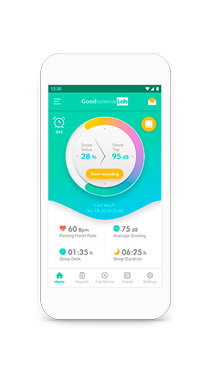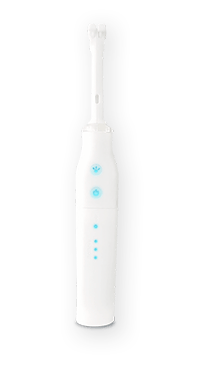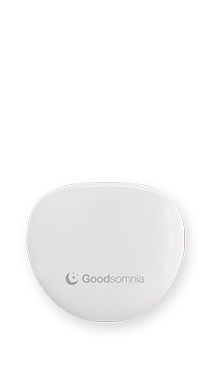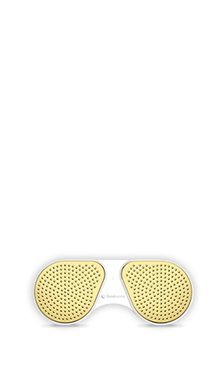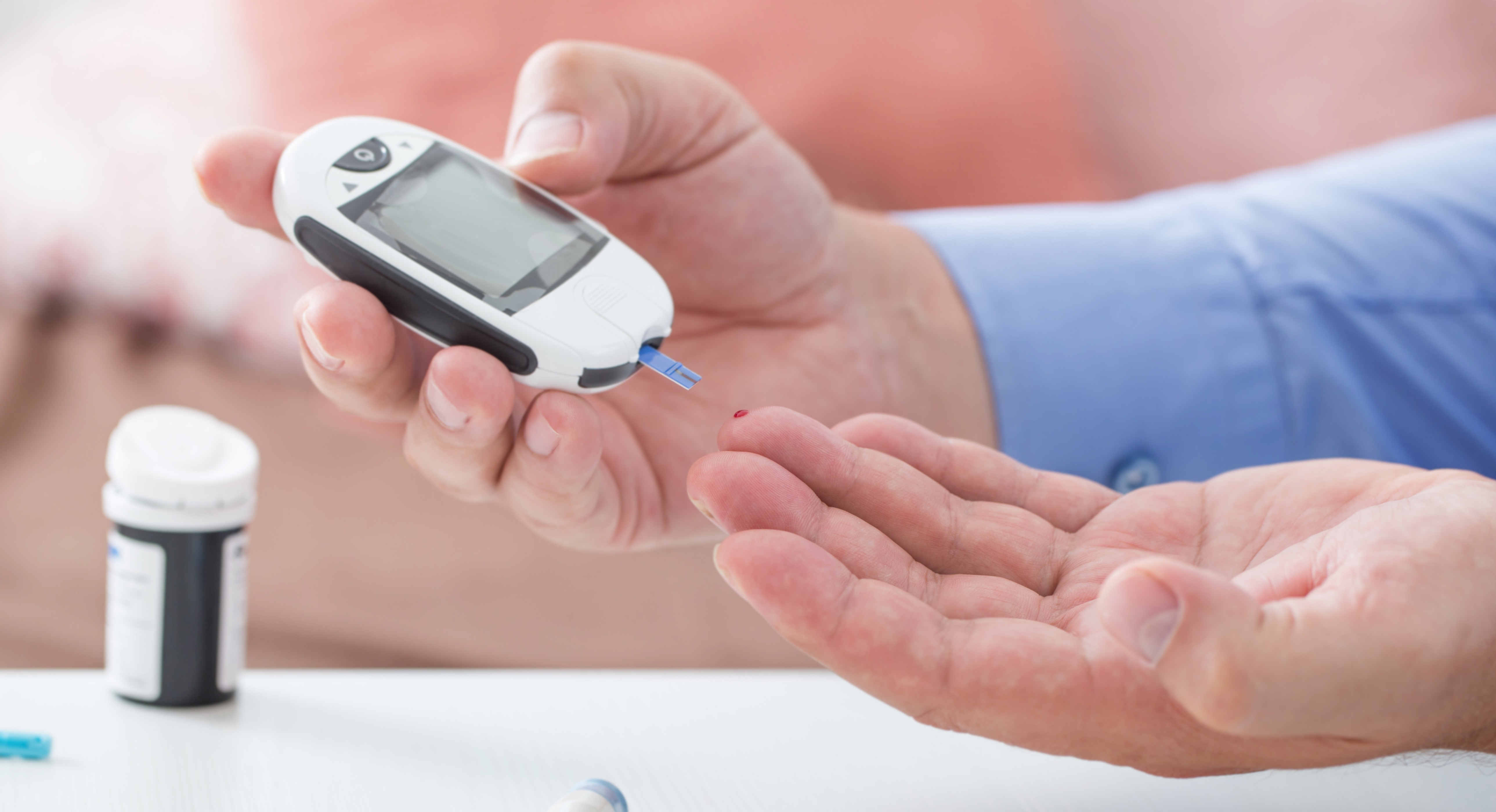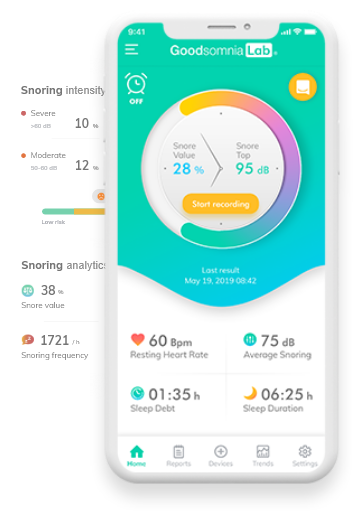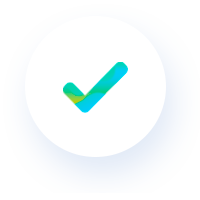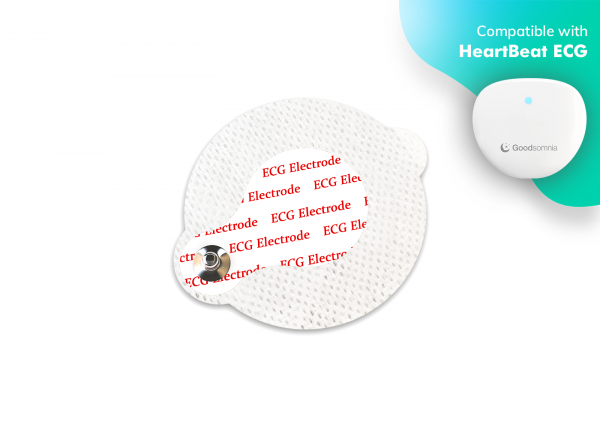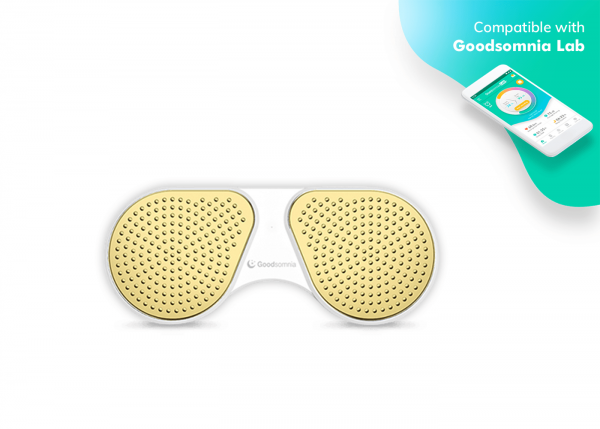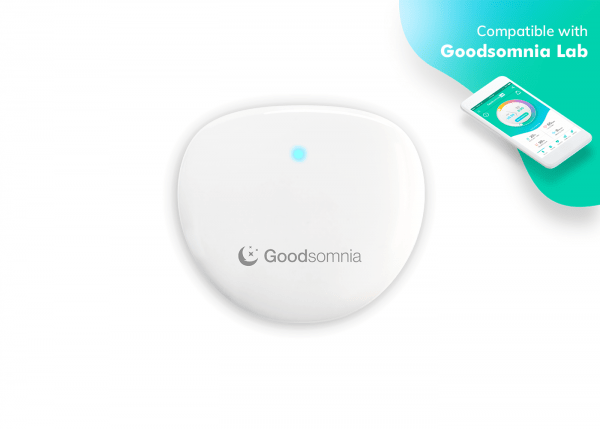Snoring is not just discomfort, it is a serious sleep disorder that can be a symptom of obstructive sleep apnea (OSA).
An OSA sufferer experiences pauses in their breathing during sleep for one minute or more. They are more often exposed to heart attacks and strokes, and worsening chronic diseases like hypertension or diabetes. Diabetics also have a high prevalence of sleep disturbances, including interrupted sleep and insomnia.
How might snoring contribute to diabetes?
According to the International Diabetes Foundation, up to 40 percent of people with OSA will have diabetes. This is due to airway obstruction causing snoring or sleep apnea, so reducing oxygen intake. This causes the body to produce stress hormones, such as cortisol, so increasing insulin resistance (the inability of the body to use insulin). Low oxygen levels can also negatively affect the health of the heart and brain.
Diabetes mellitus and sleep apnea have a similar sign
Sleep disorders are frequently associated with being overweight. According to statistics, up to two-thirds of people who suffer sleep apnea have obesity and a significant number have type 1 and type 2 diabetes caused by the disease. Even a few extra pounds can significantly upset human health. This can trigger a series of disruptions in the body.
Lack of sleep might also cause diabetes
The relationship between diabetes and sleep apnea is not questioned. Frequent micro-awakenings through OSA damage the sleep structure and deep sleep phases are changed, resulting in some hormones, including insulin, not being produced to the extent necessary.
Chronic sleep deprivation, just like sleep apnea, can affect hormones, lead to insulin resistance and result in a person having high blood sugar level and diabetes. If a person has type 1 diabetes, any sleep disorder can disrupt its control and contribute to developing type 2 diabetes.
So the simultaneous existence of OSA and diabetes can worsen both pathologies. The treatment of them together can significantly reduce the severity of each and improve a person’s life.
Here you can find out how to prevent type 2 diabetes. Share this infographic with your friends and relatives. More we know, better armed we’ll be.
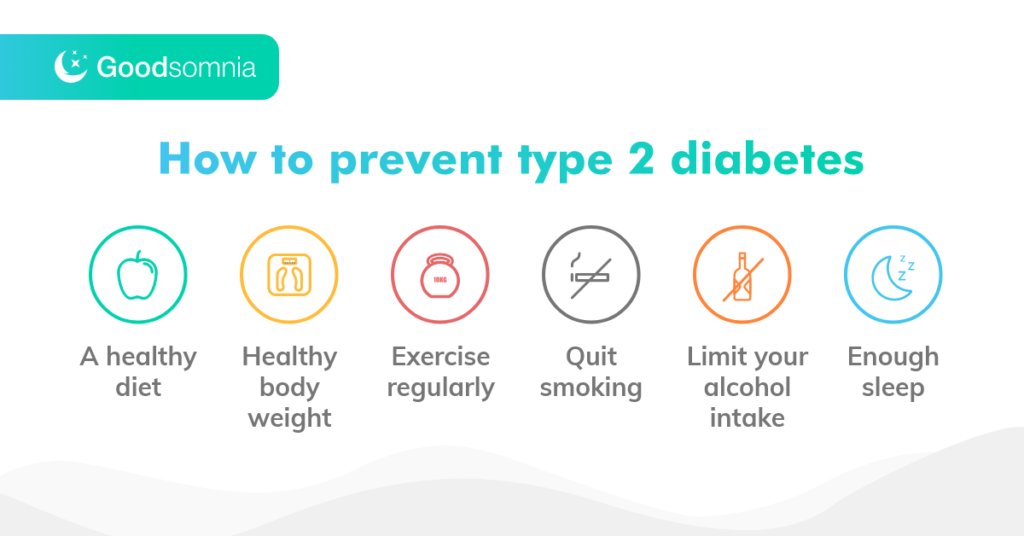
If you are diagnosed with sleep apnea, do not forget to monitor your blood sugar level. The first steps to recovery could be losing excess weight. It will help you breathe easier and the lack of oxygen will not be so acute. A professional examination by a doctor and correct treatment will help decrease these symptoms.
Using the Goodsomnia Lab app may help as it records every sound of your sleep, analyzes it and gives statistics in the morning. You get information whether you snore, its intensity and prediction about possible sleep apnea events.

